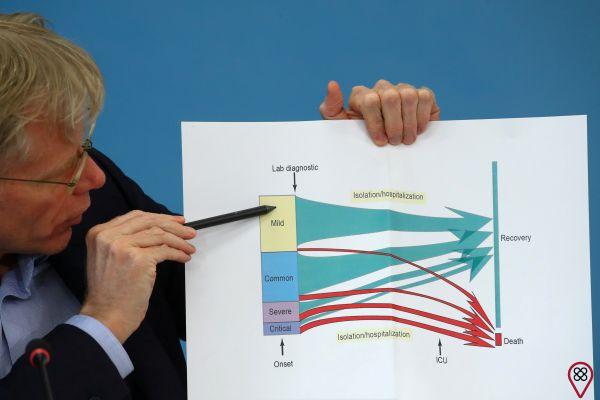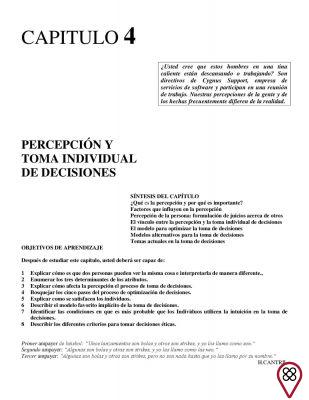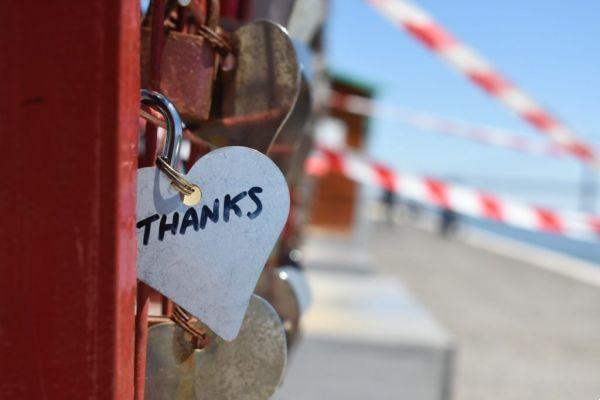"After you've razed my palace to the ground, don't come build me a hut thinking you're being charitable." These sayings were placed in the mouth of the character Heathcliff by Emily Brontë (1818-1848), in her work “Wuthering Heights”, from 1847.
Out of their original context, these sayings can be added to a series of situations, which is not surprising that from time to time they appear on social networks as just another catchphrase. And it is in this sense that, while I was considering writing this text, I decided to think of the controversial Heathcliff's words in two different contexts.
In a macro context, it is worth remembering the words of Father Fábio de Melo when he announced that a large mining company would compensate the families of citizens killed in an environmental tragedy in the city of Brumadinho (MG) in January 100. .
“A thief enters your house, steals everything you have, kills people in your family, destroys your emotional space, memories, then he comes back and says he will leave you a little money for you to start your life over. What a charitable bandit!”

The sayings of that character, as well as the welcome irony of the famous priest in the face of a tragedy that, unfortunately, goes beyond fiction, can still be applied to a micro context.
Minor tragedies, but no less destructive. These tragedies that, killing us in homeopathic doses, are present in our daily lives, even if unnoticed.
It is that father who showers his son with gifts in the face of the impossibility (or unwillingness) of offering him the necessary attention for his formation as a human being. He is that dishonest boss who starts to treat him with a soft voice and offer him perks in the face of the possibility of suffering a process for moral harassment. It is that acquaintance who - after offending you, belittling you and belittling your issues, reducing you to much less than a human being - sends you "cute" messages, thinking that, in this way, repairing all the harm that has been done to you. caused.

It's sad, I know, but it's a fact that people can be like that sometimes. Unable to take responsibility for what they do to you. Cruel enough to make themselves the mouthpieces of philosophies whose precepts they vehemently refuse to apply when you need them most. Totally willing to take the time to put him down, but too busy to do anything to restore his emotional health. Incapable even of offering a mere apology, which, although it solves absolutely nothing, at the most offers the injured person the comfort of knowing that their tormentor at least recognizes the harm caused by him.
People can be like that sometimes. And what to do about it? It's certainly not wallowing in grief or waiting eternally for a retraction that will solve the problem. Instead, I would prescribe self-responsibility, which, more than an action, is a posture, a way of facing life.
It is a fact that self-responsibility will not prevent stones from being thrown at you, nor will it deflect them from you when thrown. Such a posture, however, will lessen your impact, because, before being sucked in by the consequences of other people's actions, you will make this stone part of the raw material needed to rebuild your palace. And here it seems valid to me to evoke the wisdom of Sartre (1905-1980), with some adaptation that is now necessary: “We are not what they made of us, but what we do with what they made us”.
You may also like
- Believe me: only you know what's best for you. Read the text and reflect!
- Learn to say no and not suffer (or blame yourself) for it!
- Speaking of love: to feel, you have to be honest. Are you ready?
Furthermore, the concept of self-responsibility also involves our willingness to identify how we made ourselves vulnerable, giving the other the permission to hurt us. Only then, dedicating ourselves to such an investigation, can we choose not to put ourselves in that place anymore.
In short, self-responsibility is, above all, carrying with us the knowledge that, if our palace is destroyed, it will be up to us to rebuild it…
… alone.

























